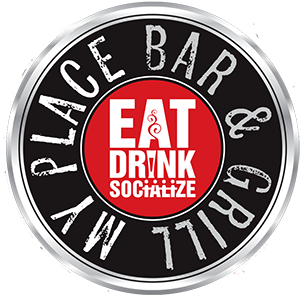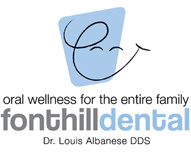Gut health is of great interest and recent study. Why? Poor gut health has been shown to increase inflammation and if chronic, may affect the central nervous system (CNS). Studies are now looking at prolonged inflammation and CNS conditions such as Alzheimer, stroke, cardiovascular disease, and depression and the links with inflammation due to poor gut health.
What causes inflammation? Our immune system responds to bacteria or viral infections with inflammation, bringing in our body’s defense and repair system to the site of invasion. Short term inflammation to fight infection is necessary, but prolonged inflammation has been linked to poor health outcomes.
Did you know that there are “good germs” that live on and in us? In adults, half of our stool weight is bacteria! When we eat and drink, microorganisms are introduced into our digestive tract. Some are good, some bad, but good microorganisms can maintain an overall healthy gut flora. Good gut organisms can make substances your body needs, aid digestion and help your body’s defense against bad organism attacks – preventing or reducing chronic inflammation of the gut.
Probiotics are “good” bacteria or yeast that help with gut health. They don’t trigger inflammation and actually protect your gut by preventing the growth of bad bacteria. A healthy gut has a mixture of good bacteria and yeast. Probiotics can prevent the buildup of harmful bacteria and yeast, by outcompeting their presence. Analogous to grass outperforming weeds and preventing their growth; you can help your gut health by supplementing to ensure a balanced microbiome system in your gut.
Food sources for probiotics include fermented foods such as pickled vegetables, sauerkraut or kimchi. Other sources such as yogurt, buttermilk or kefir also provide probiotics. Food sources are the best source of probiotics, but do require regular intake to ensure gut balance. Probiotic supplements are convenient, provide known levels of probiotics, and can be taken by almost everyone. Supplements are good for bringing an imbalanced gut back after antibiotic treatment, illness or stress. Supplements may also be useful for the long term in those with inflammatory conditions of the gut.
Did you know that in addition to helping with digestion, good bacteria also produce needed things for your health? Folic acid and vitamin K are produced by “good bacteria” in the gut. More recent studies are showing the protective effect of a healthy gut on long term health and wellness.
Why do you have to keep taking in probiotics? The good bacteria and yeast in your gut can be unbalanced by antibiotics, chemicals, stress or illness. The balance of bacteria and yeast in your gut changes with your diet and even with your overall condition. Having a large amount of sugar one day will encourage sugar-loving yeast growth, but may prevent the growth of other microorganisms that rely on other food intakes. Limiting the variety of your foods can have the effect of starving part of your gut organisms. Having a good mix of probiotics in addition to a varied diet can help prevent a “wipeout” of good gut microorganisms.
How do you achieve a balanced gut? Eating a variety of foods is important. Whole foods, vegetables, fruits and grains are important to keep your microbiome diverse and able to maintain gut balance. Variety in diet helps to introduce probiotics and encourages the growth of good bacteria and yeast in the gut. Gut imbalance has been linked with stress, lack of sleep and inactivity. Ensuring proper rest, exercise and reducing stress can also help balance your gut.
Can’t handle pickled foods, or hate the taste of yogurt? Probiotic supplements are great for if you suffer gut irritation, are unable to take food-sourced probiotics, or have limited variety in your diet. To support a healthy gut microbiome, having a varied diet will provide the fuel to keep a good balance, adding a probiotic may benefit you. Your pharmacist can discuss probiotic supplements and natural ways to prevent gut imbalance.
 Back to myNiagaraOnline
Back to myNiagaraOnline
































